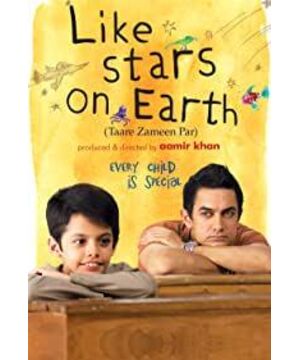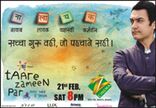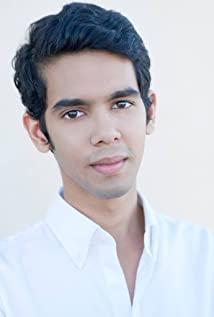Now I'm starting to understand why the San Silly ending was so much criticized.
The whole film guides a way of life that is not envied or followed. It takes self-improvement and internal motivation as the ultimate goal of life, rather than a means to pursue material life. This is where individualistic values are at their best. How much money other people earn, how beautiful a wife they have, and how high their professional title is, it has nothing to do with me. Gou is not what I want, even though I have a lot of money, I don't want to take it. "Use your own way to live your life." In my opinion, this is the meaning of life.
But at the end, for the sake of reunion, it gave a very flattering answer: the protagonist is ultimately the big boss behind the scenes, so that the villain "superior student" will be defeated.
This is in sharp conflict with the values of the whole film. According to the individualism just mentioned, even if you have thousands of family wealth, what do you have to do with me? I don't work for you, I have my own interests and career, why should I bow my knees? This has nothing to do with being rich or big bosses - and the point of individualism is that "it doesn't matter".
That is to say, at the end of the film, money surrenders to money, and freedom still has to rely on money, and it is supported by much more money than its opponents. Competitive, competitive, survival of the fittest money worship, after all, replaced the leisurely individualism. Because this kind of life-and-death, good and evil karma can make the audience "cool" the most.
Fortunately, this film Aamir Khan is finally able to express his thoughts. Having seen the interview with him by Time, plus his performance, I felt in my heart that he did not agree with the director's handling of the ending.
PS:
While watching the movie, I suddenly felt that Aamir Khan and Jay Chou were strikingly similar. They are all leaders of popular culture in third world countries, and they are also famous for imitating and innovating Western culture, Jay Chou and Hip-hop, Aamir Khan and Bollywood.
Hard work, eagerness to learn and opportunities have made them the first to stand at the forefront of their country's culture. So they began to reflect on how to jump out of the paradigm set by Western culture. They don't want to continue to follow or imitate Western culture, they don't want to be a cultural "world factory" or "world office", they want to create the brain of their own nation.
Jay Chou's Chinese style is an example, and the elements of "Rooftop" are another example. In general, they are relatively unsuccessful. Take the Chinese style as an example, although those lyrics are quite poetic at first, "a sadness", "whoever leads the martial arts, I only bend for you", "the sky is blue and I wait for the mist and rain and I am waiting for you". But in fact, these are more just camouflage, or a relatively superficial camouflage. Simple techniques, such as synaesthesia ("time is peeling off the wall"), quasi-objects ("time is arranged, play an accident"), and I highly doubt how much Fang Wenshan sacrifices artistic conception to rhyme.
To put it bluntly, the rhetoric is the stacking of various "Chinese style" images. There is no emotional echo between the eaves, the cliffs, the wind chimes, the ocean, and the love that is not in the right household. When you leave the end of the world, are you still there?” These lyrics are even more incomprehensible and unclear.
That is, to draw a taste, to draw a pleasure.
View more about Like Stars on Earth reviews










